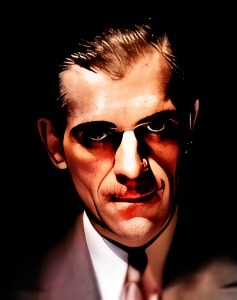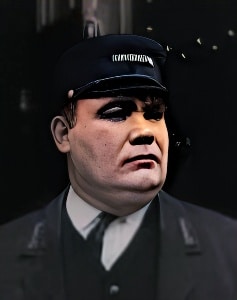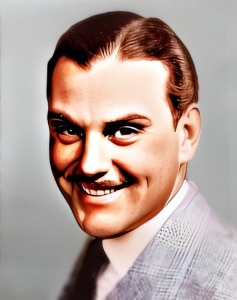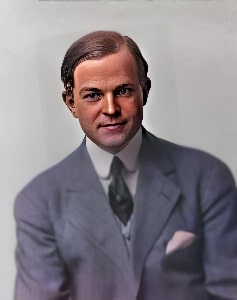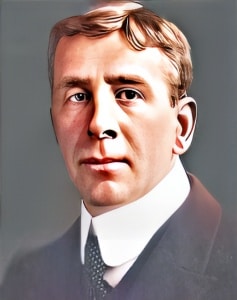 Spottiswoode Aitken (1868-1933) was a British-born American actor who made significant contributions to the early years of American cinema.
Spottiswoode Aitken (1868-1933) was a British-born American actor who made significant contributions to the early years of American cinema.
Known for his versatile acting abilities and his extensive career in both silent and sound films, Aitken left a lasting legacy in the world of entertainment.
Born on April 16, 1868, in Edinburgh, Scotland, Spottiswoode Aitken began his acting career on the stage before transitioning to silent films. He made his film debut in the early 1910s, entering the nascent film industry at a time when it was rapidly evolving.
Aitken’s early roles encompassed a wide range of characters, from stern authority figures to charming gentlemen, showcasing his adaptability as an actor. He quickly became a sought-after talent in the growing film industry.
One of the highlights of Aitken’s career was his collaboration with pioneering director D.W. Griffith. He appeared in several of Griffith’s films, including “ Intolerance” (1916), an epic project that explored themes of prejudice and injustice throughout different historical eras. Aitken’s performances in “ Intolerance” were central to the film’s impact, demonstrating his ability to adapt to a variety of roles.
Aitken also appeared in Griffith’s “ The Birth of a Nation” (1915), a groundbreaking film in terms of cinematic techniques. However, the film has faced criticism for its racist content. In “ The Birth of a Nation,” Aitken played the character Dr. Cameron, contributing to the film’s complex narrative.
As the silent film era transitioned into the sound era, Aitken faced the challenges of adapting to the evolving industry. He continued to act in both films and theater, displaying his versatility as an actor in different mediums.
Spottiswoode Aitken’s personal life and off-screen activities remain relatively private, with limited information available. His focus on his career as an actor in the early years of cinema is the central element of his legacy.
Aitken passed away on February 26, 1933, in Los Angeles, California. His contributions to the silent and early sound film era continue to be celebrated and appreciated for their role in shaping the early years of American cinema. His versatile performances, both on screen and on stage, are considered essential in the history of American film and theater, serving as a testament to the evolving art of storytelling through the medium of film.
Loading live eBay listings...

